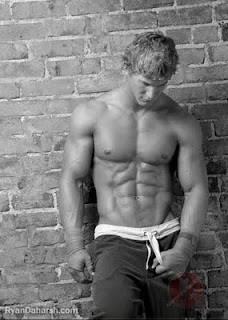Poem: "Bethlehem"
Bethlehem You come home to be counted but no room is to be had at a cost you can afford, having silenced the lathe and stilled the loom, paying the hours with your heart toward a vast accumulating sense of doom that counts the certain end its own reward. The journey stops, not in Jerusalem, but backward, dirty, crowded Bethlehem. Go into this unwholesome stable where, before the beastly eye picks out its blank, a stench of piss has stenciled in the air muscular curve, bold stroke, animal flank; hands, filling in detail of flesh, declare the body a deposit and a bank, care less what cock has shafted home what ass, mad with desire and mad with disease. The kings, they come with their gold offering, to bless the body’s lust with frankincense, and bitter myrrh the body’s lingering. The shepherds stand astonished by presence. And you, unkept, soon to be undone, sing of the swift massacre of innocence, ...
